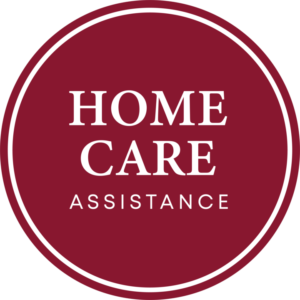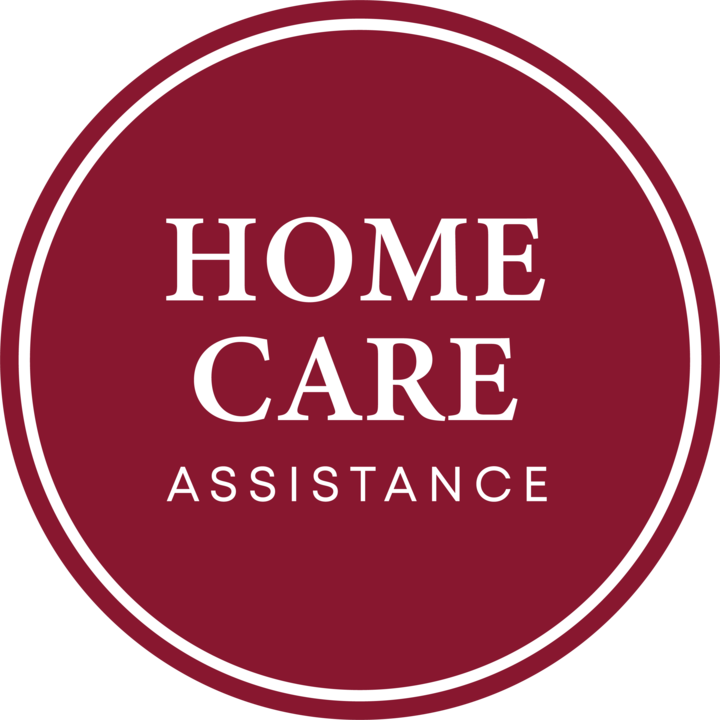BY HOME CARE ASSISTANCE JEFFERSON COUNTY 8 AM ON OCTOBER 19, 2022

When you’re taking care of an elderly loved one, communication is key, and it’s important to have a strategy to establish effective communication between you and your loved one. Rather than going into the situation unprepared, knowing the best ways to communicate with your parent will be instrumental in ensuring his or her care needs are met and that he or she is able to enjoy the highest level of comfort and quality of life.
Develop An Individual Strategy
If you’re going to be acting as the primary caregiver for your loved one, you have to create a communication strategy based on your experiences with him or her. For instance, if you know your parent is very independent, prepare for some resistance when you offer to help with certain activities. Plan how you’ll communicate, such as paying attention to the tone of your voice, and be understanding but not afraid to let your loved one know when he or she needs to allow you to help.
It’s also important to understand it can be difficult for your loved one to come to terms with the need for care. Whether help is needed because of health issues or a change in your loved one’s abilities, always communicate in a positive tone. Show you’re there to offer support and encouragement, and try your best to include your loved one in the decision-making process as much as possible.
Trained caregivers who have experience in communicating with seniors can be a fantastic resource for family members. Families looking for top-rated home care service providers can reach out to Home Care Assistance. From respite care to specialized Alzheimer’s, dementia, stroke, and Parkinson’s care, there are many ways we can make life easier for seniors and their loved ones.
Combine Strategies
If you’re caring for your loved one with the help of other family members, get together and develop a combined communication strategy that involves everyone. Not everyone is going to agree on the best way to care for your loved one, so try and make it as easy as possible by hearing everyone out and, most importantly, listening to your loved one’s concerns. The worst thing a family can do is plan an aging loved one’s care without involving the senior.
You may also want to create a care calendar or develop some other way to organize who’s going to be responsible for which care activities and when. Some families may also want to enlist the help of professional home caregivers. Caregivers can ensure continuity of care while also allowing loved ones to simply be family members instead of constant caregivers.
Professional caregivers with training and expertise in elder care can often identify the sources of seniors’ communication issues and respond effectively and compassionately. Not every senior has the same care needs, which means they don’t all need the same type of elder care. Jefferson County families can rely on Home Care Assistance to provide individualized care plans to meet their elderly loved ones’ unique care needs. Our holistic Balanced Care Method was designed to help seniors focus on healthy lifestyle habits such as eating nutritious foods, exercising regularly, and maintaining strong social ties, and our Cognitive Therapeutics Method offers mentally stimulating activities that can stave off cognitive decline and delay the onset of dementia.
Be Patient
Understand your loved one may need some time to process what you’re saying before he or she responds, especially if he or she is living with cognitive impairment due to dementia. If you’re not patient, your loved one may become irritated or frustrated. Even if your parent doesn’t have dementia, pay attention to his or her facial expressions and body language to gauge whether he or she is understanding what you’re saying.
If your loved one is living with dementia, an experienced home caregiver can be a valuable resource for the whole family. Dementia can be challenging for seniors to manage, but they can maintain a higher quality of life with the help of professional dementia care. Jefferson County seniors can benefit greatly from the Cognitive Therapeutics Method (CTM), an activities-based program designed to promote cognitive health and delay the onset of dementia. CTM is included at no additional charge with any of the in-home care plans provided by Home Care Assistance. To learn about our high-quality in-home care services, give us a call at (303) 987-5992 today.



